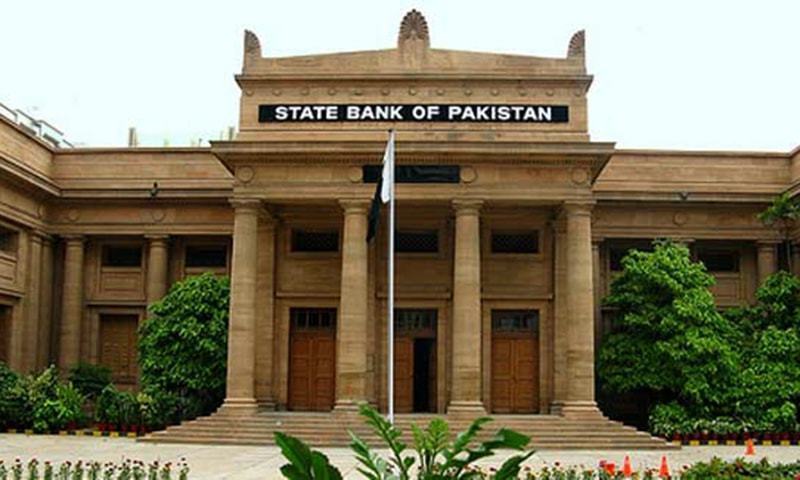February 18, 2022: Asian markets fell Friday following a steep drop on Wall Street fuelled by renewed fears that Russia will soon invade Ukraine, adding to long-running angst about the Federal Reserve's plans to hike interest rates.
While tensions in Eastern Europe continue to absorb most of the attention, oil extended losses as traders grow increasingly optimistic of a deal on Iran's nuclear programme that could see it restart crude exports.
After a disappointing start to the year, investors are still to get their mojo back as they contend with a range of risk-off issues including Russia-Ukraine, soaring inflation, imminent rate hikes, supply chain snarls and China's Covid outbreaks.
And analysts warned the uncertainty will likely last for some time.
For now eyes are on the Russia-Ukraine border after Joe Biden warned Vladimir Putin's forces could attack any time soon.
There had been optimism the crisis had passed after Moscow said troops were withdrawing but Western powers said there is no sign that is the case, while accusing it of preparing a “false flag operation” as a pretext for invasion.
Putin denies he is planning any incursion but investors remain on edge as observers warn such a move could have wide-ranging implications for the world economic recovery, particularly with Russia being a major energy exporter.
US Secretary of State Antony Blinken and his Russian counterpart Sergei Lavrov will meet next week, Washington said late Thursday, if there is no invasion.
All three main US indexes ended well down, with the Nasdaq almost three percent off, though Asia was more muted.
Hong Kong, Tokyo, Sydney, Seoul, Singapore, Taipei, Wellington, Manila and Jakarta slipped, though Shanghai edged up slightly.
“For now, simmering frictions in the Ukraine are keeping markets nervous and after (Thursday's) glimpses of a risk of tone, news over the past 24 hours have turned sentiment decisively negative,” said National Australia Bank's Rodrigo Catril.
Still, oil prices remain in their downward spiral, dropping again Friday after a two percent drop Thursday as it emerged that Tehran and world powers were edging closer to an agreement on its nuclear programme.
A deal could see the return of hundreds of thousands of barrels of crude to the global market, providing a much-needed boost to supplies just as demand surges and uncertainty reigns in Europe. Both main contracts remain around their 2014 levels, however, and analysts expect them to break $100 this year.
The crisis in the Ukraine comes as traders continue to contend with the prospect of interest rates rising sharply this year as the Fed tries to rein in inflation at a 40-year high.
After spending most of last year saying surging prices would be transitory, the US central bank is now in full-on firefighting mode but commentators fear it may be behind the curve and will have to act more stringently than previously thought.
While minutes from January's meeting appeared to ease worries of a big 50 basis point rise in March, there is an expectation it could still lift borrowing costs as many as seven times this year. As early as late 2021 markets were pricing in three.
The prospect of higher costs has dealt a blow to the two-year pandemic rally and while the economy continues to recover, observers warn the uncertainty will not go away soon.
“We've been calling for a long time for increased volatility, but when it finally comes it's nerve wracking for everybody,” Carol Schleif, at BMO Family Office, told Bloomberg TV.
“It's important to remember that the Fed isn't going to start pulling back its support for the economy — either in terms of the balance sheet purchases or interest-rate raises — if they weren't trying to cool a very strong economy.”
AFP/APP
30927







